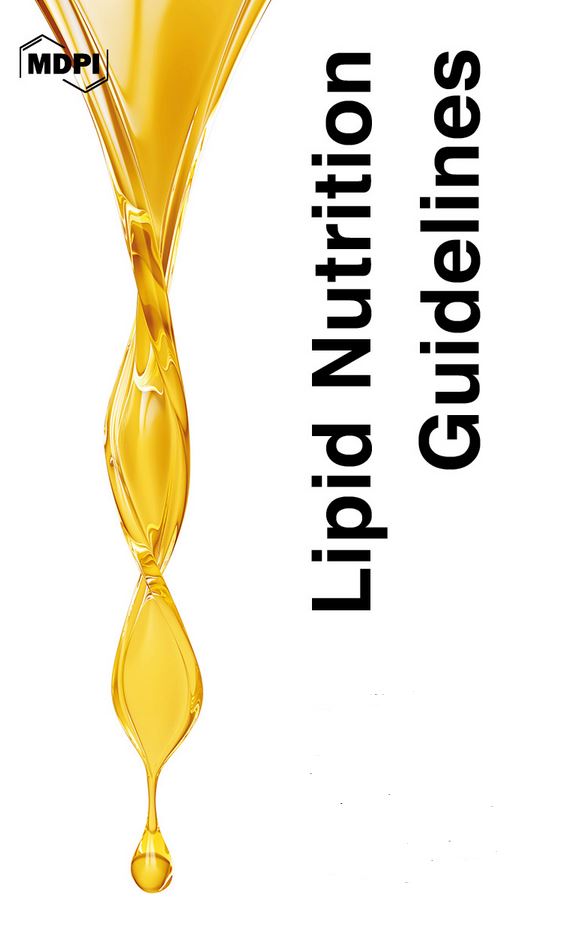NEW Open Access Book: "Lipid Nutrition Guidelines: A Comprehensive Analysis"

A mediterranean diet is usually characterised by a high intake of vegetables, fruits, fish, bread, seeds, herbs and olive oil. Those are the main foods traditionally eaten in Italy and Greece, as described in the well-known "Seven Countries Study" in 1970. Red meats, dairy products and processed sugars tended to be consumed less frequently in mediterranean countries. Such a diet has been shown to have health benefits and to lower the risk of cardiovasular disease, cancer and obesity. The World Health Organization (WHO) recommends raising the proportion of polyunsaturated vegetable oils in place of saturated animal fats to garner the health benefits of a mediterranean diet.
Ever since the publication of the "Seven Countries Study", medical thinking has posited a causal link between the intake of animal fats and coronary heart disease. The findings stimulated a widespread attempt to reduce animal fats and replace them with vegetable fats. The low-density lipoprotein (LDL) element of the cholesterol naturally present in animal-source foods was dubbed a killer.
In a new publication, "Lipid Nutrition Guidelines: A Comprehensive Analysis", Professor Harumi Okuyama and his colleagues undertake to challenge the link between animal fats and coronary heart disease. They demonstrate that common vegetable oils such as canola and hydrogenated vegetable fats have toxic effects and as a consequence are are important culprits in atherosclerosis and other lifestyle diseases. The authors suggest that high total or LDL cholesterol is not the cause of atherosclerosis or cardiovascular disease and even recommend increasing the intake of cholesterol and animal fats, to an extent that does not lead to obesity.
The book is openly available for DOWNLOAD from MDPI Books.
In line with our organization's values, MDPI Books publishes all content in open access, promoting the exchange of ideas and knowledge in a globalized world. MDPI Books encompasses all the benefits of open access—high availability and visibility, as well as wide and rapid dissemination. MDPI Books are distributed under the terms and conditions of the Creative Commons Attribution License, meaning as an author you retain the copyright for your work. In addition, with MDPI Books you can complement the digital version of your work with a high-quality printed counterpart.
If you are interested in editing a book volume or series, or have a monograph manuscript to be considered for publication, please submit your proposal online and look at our Information for Authors.
Contact: Laura Wagner, MDPI Books Manager (email)
